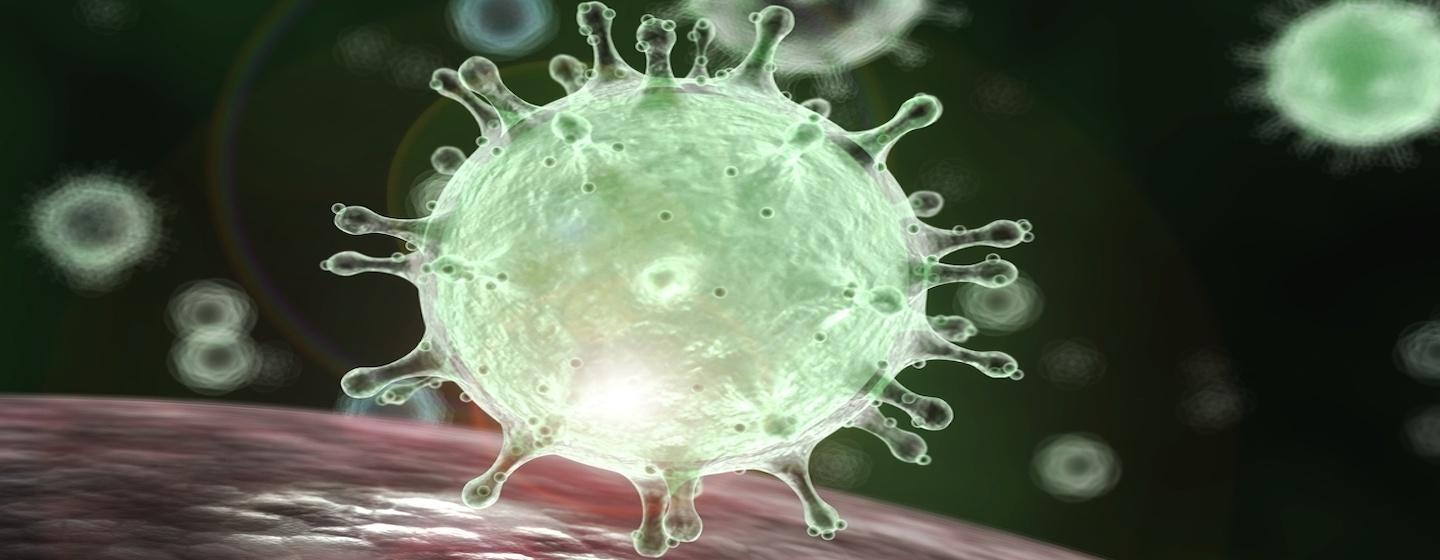Scientists from Duke and UNC Find New Antibody Against Covid-19 and Variants


From watching their battles on the football field and the basketball court, you may not see cooperation as something that happens between the University of North Carolina at Chapel Hill and Duke University.
But a research collaboration between scientists at the two universities has identified and tested an antibody that limits the severity of infections from a variety of coronaviruses, including those that cause COVID-19 as well as the original SARS illness.
It could be a significant breakthrough in the treatment of the current pandemic and help prepare society to fight future pandemics.
The antibody was identified by scientists at the Duke Human Vaccine Institute and tested in animals at the UNC Gillings School of Global Public Health.
“There’s a lot of work to be done, but this antibody has the potential to be a therapeutic for the current epidemic,” said co-senior author Barton Haynes, the director of the DHVI. “It could also be available for future outbreaks if or when other coronaviruses jump from their natural animal hosts to humans. And the current pandemic has shown all of us how important it is to be ready for the next pandemic outbreak because we know another will happen sometime in the future.”
The Duke team isolated the antibody by studying blood samples from patients who had been infected with the original SARS-CoV-1 virus, which caused the SARS outbreak in the early 2000s, and from a current COVID-19 patient.
They identified more than 1,700 antibodies, which the immune system produces to bind at specific sites on the invading viruses and block the pathogen from infecting healthy cells.
However, when viruses mutate (think Delta variant) those binding sites are changed. They can also be eliminated altogether. In both cases, it means the antibodies won’t work. That’s why some vaccines may work for a time but then become less effective.
However, researchers have discovered that in some cases not every binding site is changed by the mutation, which means the antibodies would still work. The Duke researchers focused on finding those antibodies.
And they found them.
Of the 1,700 antibodies from the two individuals, 50 antibodies were found that could bind to both the original SARS-CoV-1 virus as well as SARS-CoV-2, which causes COVID-19.
What’s even more surprising, scientists discovered the antibody could bind to many mutations.
“As a result, it can neutralize a wide range of coronaviruses, which is good news,” adds Haynes.
The Duke researchers then turned the isolated antibody over to researchers at UNC, because of their work with animal coronaviruses.
The antibody was tested in mice, and it was discovered that not only did it block infections, but it also minimized symptoms once infections occurred. When given before the mice were infected, the antibody provided protection against developing SARS, COVID-19, the Delta variant and other variants of COVID-19 and many animal coronaviruses.
“The findings provide a template for the rational design of universal vaccine strategies that are variant-proof and provide broad protection from known and emerging coronaviruses,” said Ralph Baric, Ph.D., professor of epidemiology and microbiology and immunology at UNC Chapel Hill.
Baric and fellow researchers at UNC worked on developing the Moderna COVID-19 vaccine as well as the antiviral medication Remdesivir, which is used to treat COVID-19 symptoms.
When given after infection, the antibody reduced severe lung symptoms in mice compared to those that were not given the antibody.
“The therapeutic activity even after mice were infected suggests that this could be a treatment deployed in the current pandemic, but also stockpiled to prevent the spread of a future outbreak or epidemic with a SARS-related virus,” said David Martinez, Ph.D., a post-doctoral researcher at UNC who works on the Baric team at UNC Gillings School of Global Public Health.
Researchers published their findings Nov. 2 in the journal Science Translational Medicine.